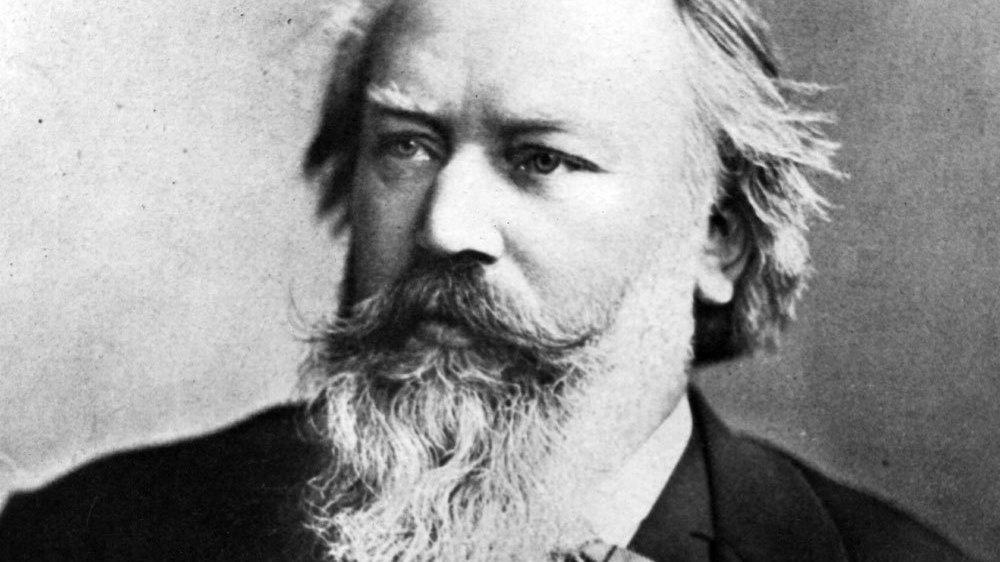Brahms’ Intermezzo in A Major, Op. 118, No. 2: Stephen Kovacevich
Johannes Brahms’ Intermezzo in A Major, Op. 118, No. 2 pulls us into a world of dreamy nostalgia, quiet longing, and majestic, serene beauty. It comes from the set of Six Piano Pieces (Klavierstücke), Op. 118 from Brahms’ “autumnal” late period. Listen to the way those unlikely first three notes set the entire piece in motion. As it unfolds and develops, you may sense that the music is “searching” for a way forward, attempting to find …







